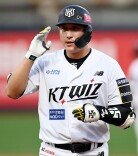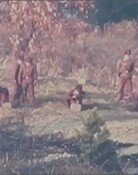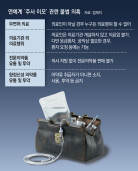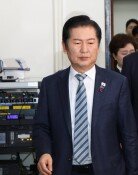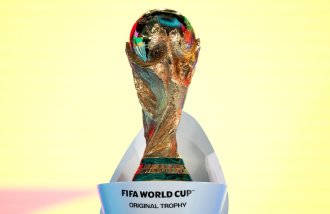Legendary career of a business giant
Legendary career of a business giant
Posted March. 23, 2001 13:57,
The economic development that started in the 1960s lifted what was then a war-torn and desolate agricultural country into the ranks of the world`s ten largest economies in less than four decades. There are various ways to assess Hyundai founder Chung Ju-Yung`s legacy, but certainly no one could discuss Korea`s rapid post-war economic growth without reference to the leading roles played by the late Chung and the conglomerate he created.
With his undaunted spirit of challenge and personal dynamism, he made possible what seemed to be impossible and astonished the world. The construction of the Seoul-Pusan expressway was his first joint venture with then president Park Chung-Hee, who undertook the project in defiance of mounting opposition from various quarters of Korean society. The late Chung turned a small fishing port city into the largest shipyard in the world, and made a great contribution to the nation`s development with the oil dollars he earned from the Middle East nations. Using the production and export of Hyundai`s Pony and Excel compact cars as the springboard, Korea was able to become the world`s fifth largest automaker.
The life of the late Chung parallels the vicissitudes of the Korean economy. Born into a poor farming family in Tongchon, Kangwon Province, Chung only got as far as primary school. He fled to Seoul from his home with money earned from selling his father`s cow and was soon working as a menial laborer. He later took on a series of better jobs, running a small rice store and taffy factory among others, and over time built the foundation for what would become the nation`s largest conglomerate. Indeed, his success story encapsulates what can only be described as the Korean dream.
It is still premature to evaluate Chung`s recently launched inter-Korean projects. Yet, as a refugee from the North, Chung`s adventurous undertakings, including his 1998 ``cattle diplomacy`` visit to the North and the Mt. Kumgang tourism program, undeniably helped open the era of inter-Korean reconciliation and cooperation.
The late Chung`s decision to run for president in 1992 remains one of his few lapses of judgment, causing him to neglect his empire and eventually face the wrath of former president Kim Young-Sam, the election`s eventual winner. His futile political ambitions may serve as a lesson to Korean entrepreneurs.
Dubbed the ``king chairman,`` his management style ensured success during the early stage of economic development, but was not compatible with the global industrial environment. That one of the three business entities that was carved from the Hyundai Group is now experiencing difficulties can be ascribed to the failure of his old-fashioned management style.
The children of the late Hyundai Group chairman ought to unite their strength to fully realize the inter-Korean projects left undone by their father, while coldly facing the bright and dark sides of his accomplishments.
Chung left an indelible imprint on the nation. The loss of this stalwart businessman is loss not just to his family but to the Korean people as a whole. We offer our deepest condolences to the family of the late Chung Ju-Yung.



